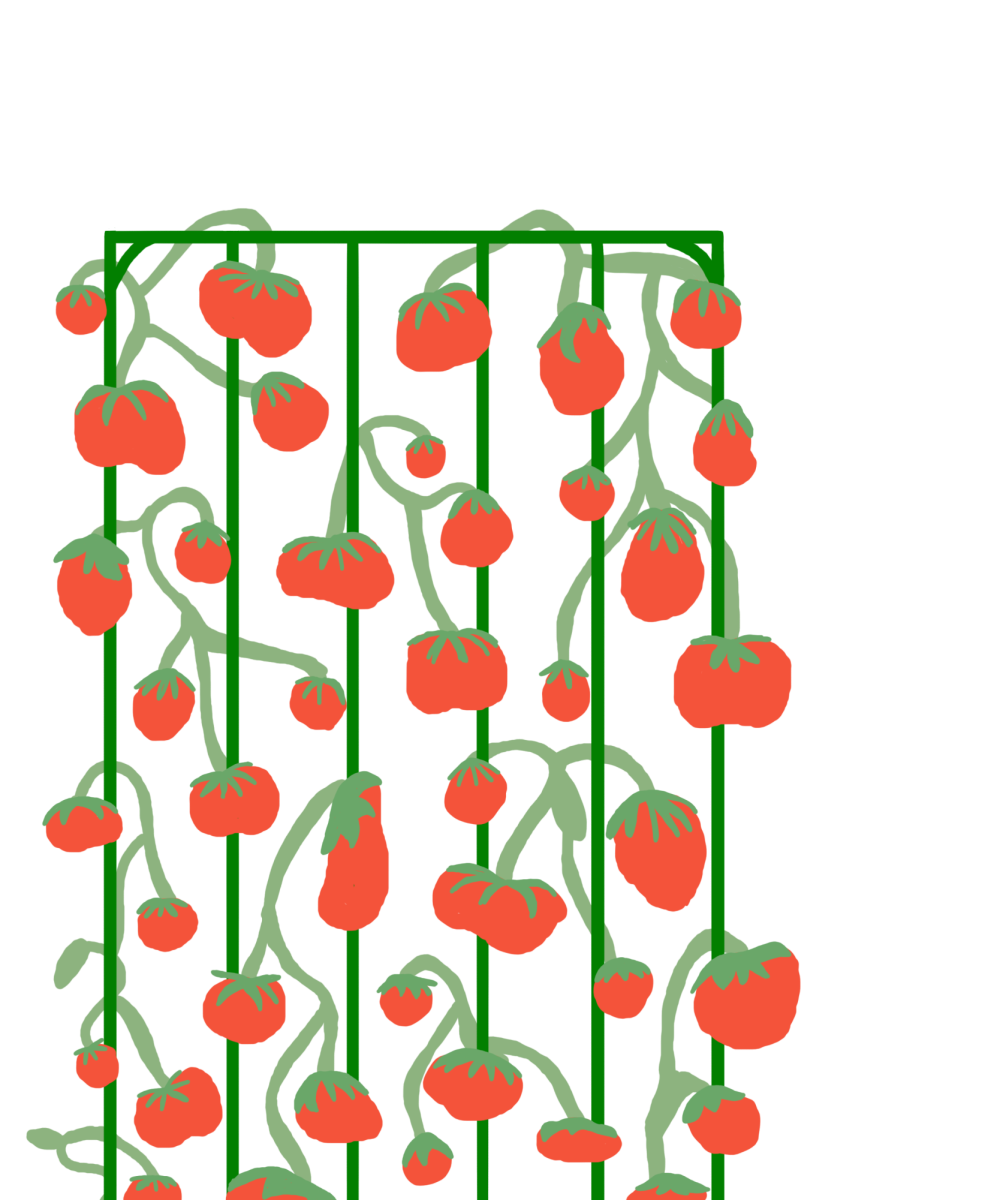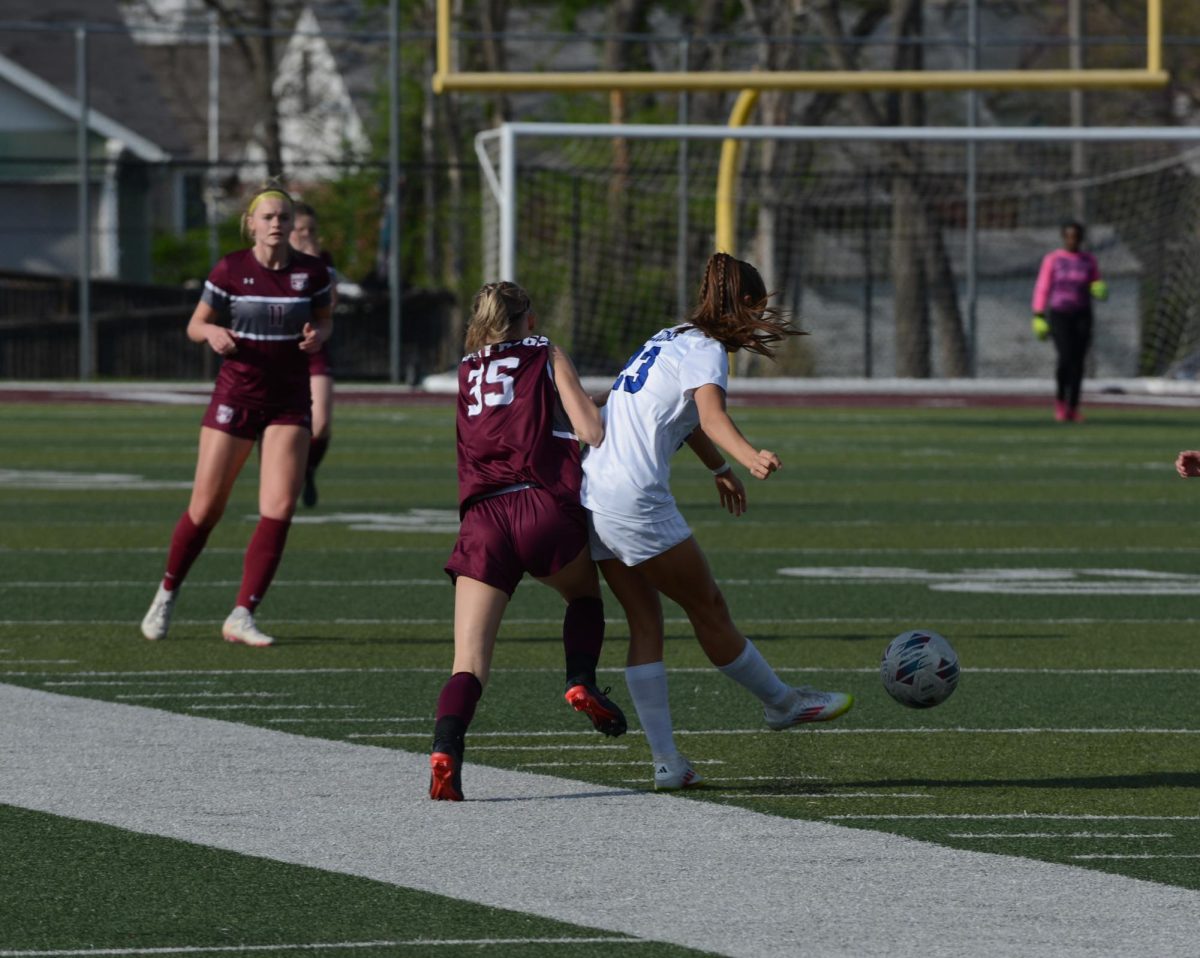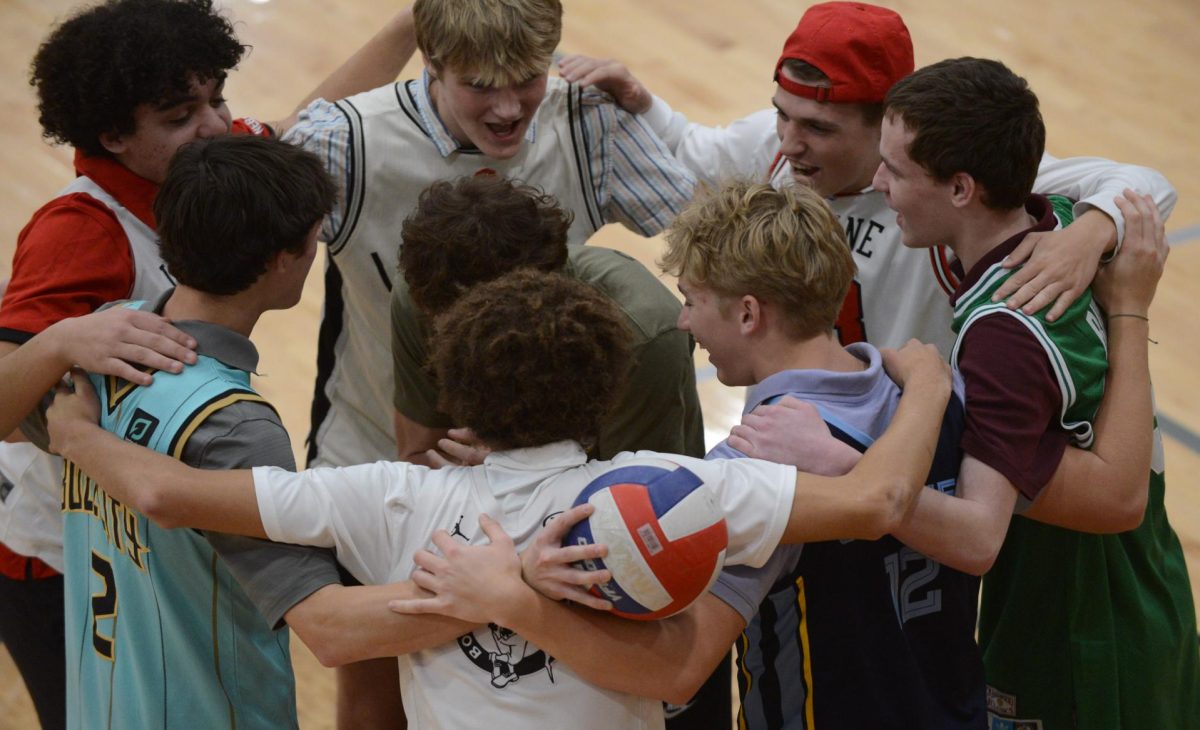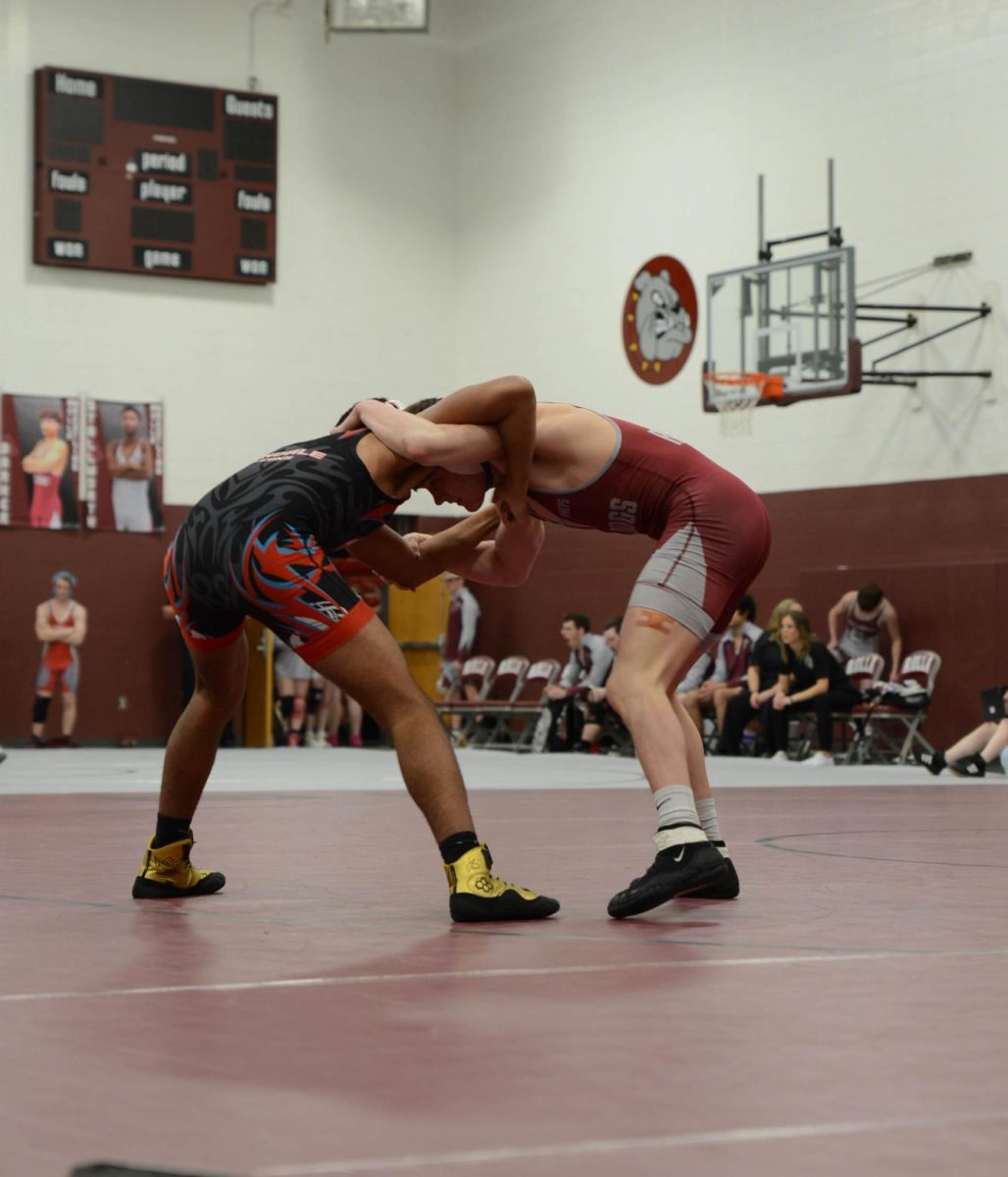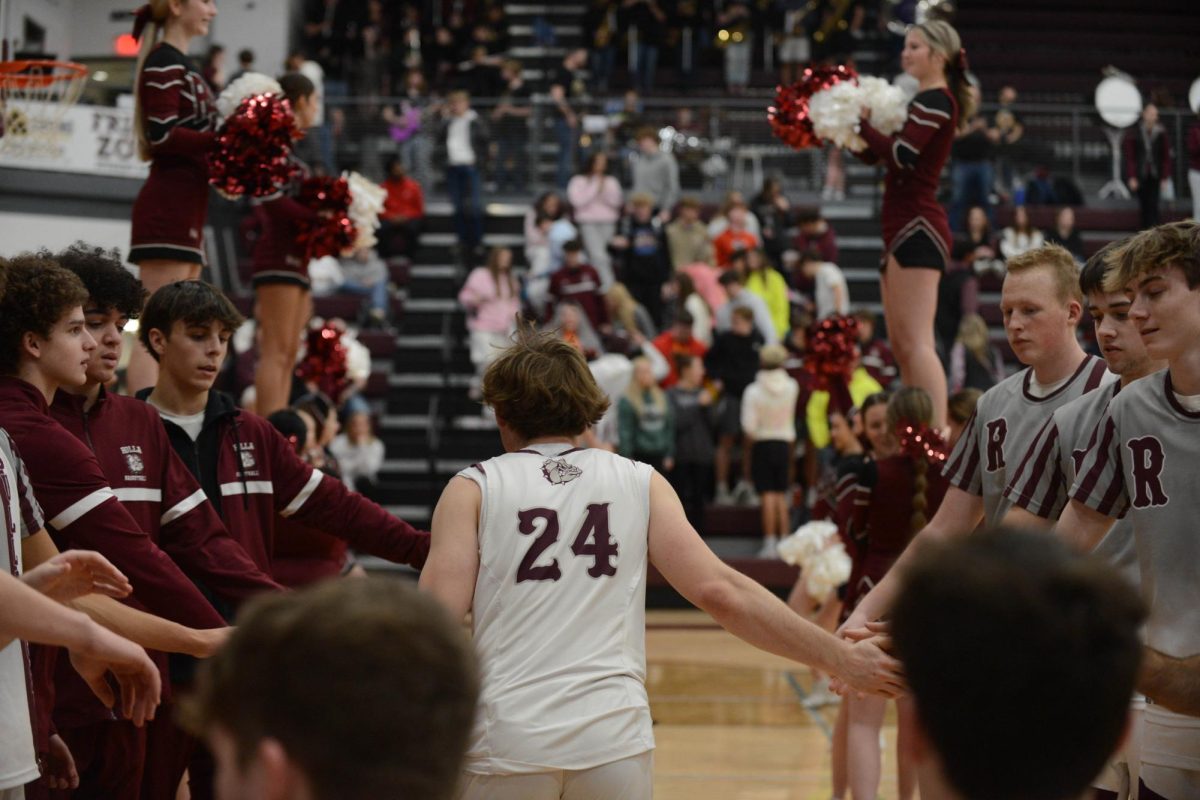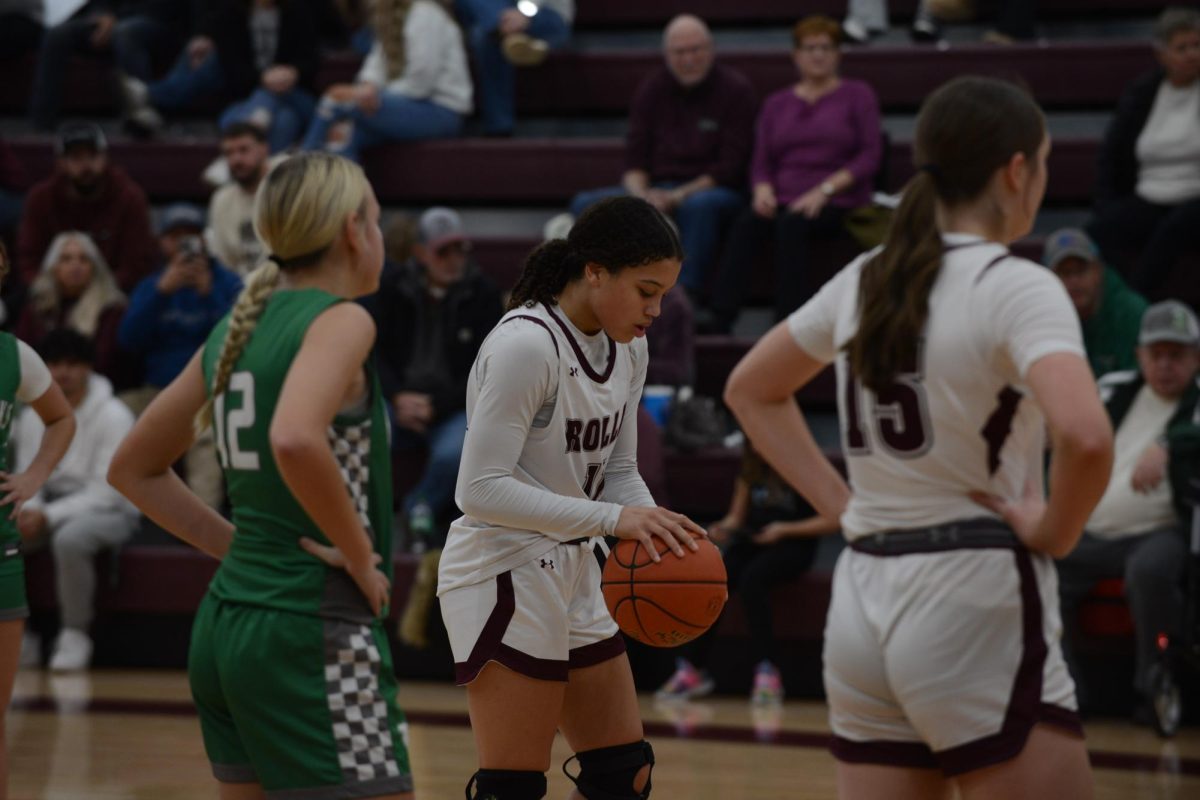An athlete, according to the Oxford Language Dictionary, is a person who is “proficient in sports and other forms of physical exercise.” College athletes, however, are people who are recruited by a university and receive money to continue playing a sport. The money they receive is based on the talent of the athlete and what they can bring to the team. This money is known as a scholarship. College athletes on these scholarships already get paid to attend college with less debt than the average student, so additional compensation is unnecessary for athletes continuing their careers.
Being a student athlete is difficult. Making time for school, work, and an athletic schedule is a task that not everyone is up for. Education, however, is the primary reason students attend college. College is a way to gain an understanding for the future and what that brings. It helps students develop certain skills needed to have and maintain a job after college.
Being a collegiate athlete blurs the line between which is more important: academics or athletics. When someone is paying for a college education, are athletics more important?
Aubrey McAllister was recruited in the fall of 2020 to be a student athlete at the Missouri of Science and Technology university where he played for two and half years, until he transitioned into a student assistant-coaching role in December of 2023.
“There were definitely times when I probably should have studied more or taken the academics a little bit more serious. But I was either just worn out and tired from athletics, or just was doing something else, like studying a playbook or watching film, otherwise I may have been working on academics,” McAllister stated.
Being an employee for a university would undermine the base of athletics. Schools would have to cut sports, take on the bare minimum of players on a team, and have budget cuts in several other areas, such as equipment. Plus, paying students as employees could potentially make athletics the main reason students go to college instead of academics. McDavid, a well known NHL Hockey player for the Edmonton Oilers, expressed in 2019 that athletics already dictate the majority of students’ schedules, life, studying, and so much more and that they don’t have a lot of academic freedom.
Institutions and universities have a tight budget to fund students, athletes, programs, staff, the expansion of campus, and other expenses any university has to pay. Having to pay athletes as employees is not feasible for most institutions. While there are schools that have begun paying their athletes, small universities cannot afford the tremendous cost that would come with hiring athletes as employees. According to Desert News in 2023, “Money dedicated to sports has spiraled upward as schools throw cash at programs to become more competitive, which in turn forces other schools to follow suit…Yes, the sports programs generate revenue, but not nearly enough to cover expenses.”
Schools are expanding, growing bigger, wanting to become more competitive to make a bigger or better profit, which can mean expansion of programs. Whether this expansion includes playing better schools, recruiting more athletes into the program, or being able to distribute scholarships to more people.
While the NCAA does make money off of these athletic programs, it does put a lot of money into growing the organizations. The idea of paying athletes is a solution that would solve several problems college athletes face. On the other hand, by paying student athletes to participate and excel at their sport, other smaller sports and possibly the whole athletic programs at specific schools could diminish, affirmed by Baylor Lariat in 2021.
Kenneth Hohe, an alum baseball player from William Woods University and head baseball coach at Rolla High School, is familiar with the road from high school competitive play to college.
“In theory, they are amateur athletes which means that they are not professionals. They do not get paid, and they are getting stuff out of it. They’re getting a college education for free or for a reduced cost. Plus the things…like the apparel, the sporting gear, all the stuff that the regular student doesn’t get,” Hohe said.
College athletes are being supplied with additional material that the average student is not receiving. With these extra items, the athlete can afford gear, tuition, clothing, more easily. Athletes are getting extra supplies to go to college and extra tools.
Athletes get more than just scholarships, apparel, and gear, however. Players find themselves with life long friendships, bonds, leadership roles, communication skills, goal setting, time management, and so much more.
Sports are much more than money and getting paid. Not all athletes are going to go professional and make a career out of a sport, but college athletics should be available to everyone. Paying athletes could potentially remove sports altogether for some competitors and leave athletes with no area to perform and continue on.





